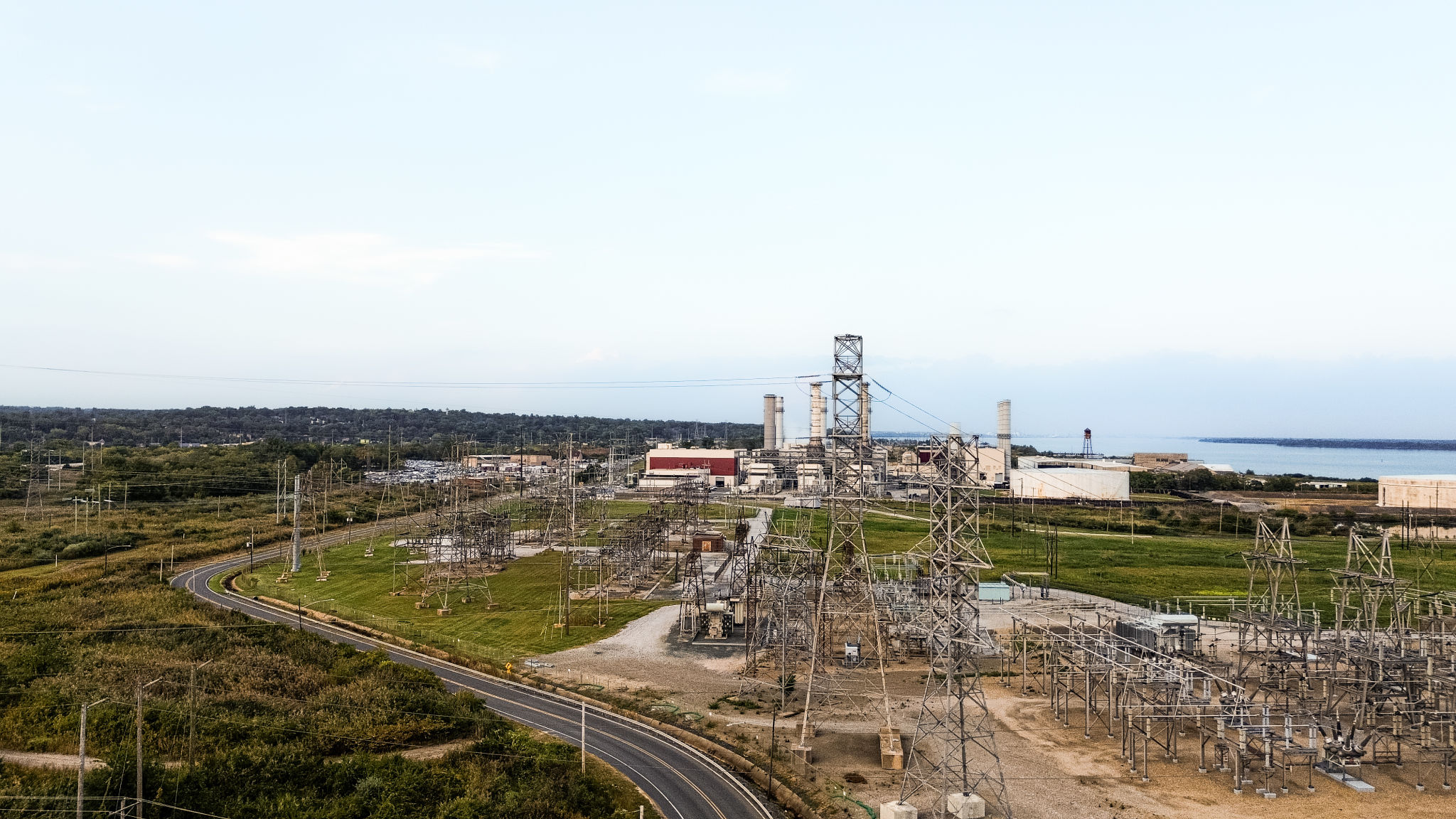The Impact of Seasonal Changes on Manufacturing Processes in Delaware
The manufacturing industry in Delaware is a dynamic sector that faces unique challenges and opportunities throughout the year. One of the critical factors influencing these is the change of seasons. Understanding how seasonal variations impact manufacturing processes can help businesses optimize their operations and improve efficiency.

Weather-Related Challenges
Delaware's climate experiences distinct seasonal shifts, from chilly winters to hot, humid summers. These weather changes can significantly affect manufacturing processes. For example, cold temperatures can lead to increased energy consumption as facilities work to maintain optimal indoor conditions for equipment and personnel.
Moreover, the increased humidity during the summer months can impact machinery, potentially leading to corrosion or malfunction. Manufacturers need to implement preventive maintenance plans to address these issues and ensure smooth operations regardless of the season.

Supply Chain Disruptions
Seasonal changes can also cause disruptions in the supply chain. Winter storms, for instance, may delay the transportation of raw materials or finished products. Manufacturers in Delaware must plan for these eventualities by building buffer stocks or diversifying their supplier base to mitigate risks.
Additionally, agricultural products, which are vital in certain manufacturing sectors, may be affected by seasonal availability. Businesses should develop strategies to deal with these fluctuations, ensuring a steady supply of essential materials.

Adapting Workforce Management
The seasonal workforce is another aspect that manufacturers need to consider. During peak production times, such as the holiday season, companies often require additional labor. Conversely, some periods may see a decline in demand, necessitating workforce adjustments.
Manufacturers can address these challenges by employing flexible workforce strategies. This might include hiring temporary staff or offering overtime to existing employees during busy periods. Proper workforce management ensures that production levels are maintained without compromising quality.

Energy Consumption and Cost
Energy consumption is a significant concern for manufacturers, especially in Delaware, where seasonal changes can lead to fluctuating energy demands. Winter heating and summer cooling can drive up costs, making energy efficiency a top priority.
Investing in energy-efficient technologies and practices can help manufacturers reduce their energy consumption and save on costs. Solutions like improved insulation, energy-efficient lighting, and smart thermostats can make a significant difference.
Opportunities for Innovation
While seasonal changes pose challenges, they also present opportunities for innovation. Manufacturers can explore new technologies and processes that enhance resilience against seasonal variations. Implementing automated systems, for example, can improve precision and reduce reliance on manual labor, which can be affected by weather-related disruptions.
Furthermore, embracing sustainable practices can help manufacturers align with environmental goals while reducing the impact of seasonal changes. This not only benefits the environment but can also enhance brand reputation and customer trust.

In conclusion, the impact of seasonal changes on manufacturing processes in Delaware is multifaceted. By understanding and addressing these challenges, manufacturers can enhance their resilience and capitalize on opportunities for growth. Strategic planning, innovation, and adaptability are key to thriving in this ever-changing landscape.